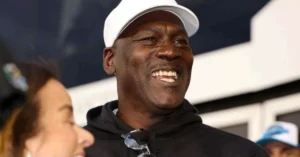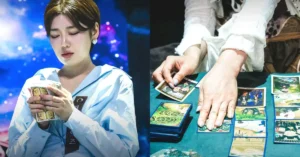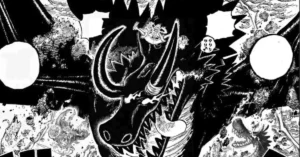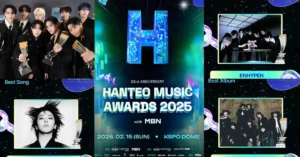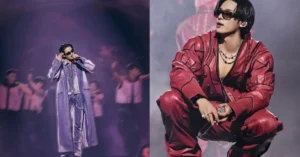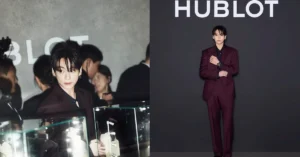Somi, the popular K-Pop soloist, is under fire after a recent tweet sparked accusations of misusing African-American Vernacular English (AAVE). The idol, who is preparing for a new digital single, shared what appeared to be song lyrics, but many fans criticized her for appropriating Black culture.
AAVE is a dialect rooted in Black American communities, often misused by non-Black celebrities for trends. Fans pointed out that Somi’s wording resembled phrases commonly used in AAVE, leading to debates over cultural respect. Some defended her, saying the lyrics were simply awkward, while others called it disrespectful.
This isn’t the first time K-Pop idols have faced backlash for AAVE. Many global fans argue that using Black slang without understanding its history reduces it to a trend. Others believe idols should be more mindful of cultural sensitivity, especially since K-Pop has a massive international audience.
Somi has not responded to the criticism yet. The controversy comes just before her comeback, shifting focus from her music to the debate over cultural appropriation in K-Pop.
What Sparked the Controversy?
Somi’s tweet included phrases that some fans linked to AAVE, such as informal slang often seen in hip-hop and Black social media culture. Critics argued that using these terms without context or credit to Black communities is problematic.
“You can’t talk like that…”
“This feels like another case of K-Pop taking from Black culture without giving back.”
“Some of these lyrics just sound off, but the AAVE comparison is reaching.”
The discussion quickly spread online, with fans debating whether the backlash was justified. Some said the issue was overblown, while others stressed the importance of respecting cultural origins.
AAVE in K-Pop: A Recurring Issue
K-Pop has a history of borrowing from Black culture, from music styles to fashion and slang. While some see it as appreciation, others call it appropriation when done without credit or understanding.
Past incidents include idols using Black hairstyles, slang, or even imitating Black accents in songs. Each time, debates flare up about whether the industry is learning or repeating the same mistakes.
How Are Fans Reacting?
Reactions are split. International fans, particularly Black K-Pop listeners, have been vocal about their discomfort. Some Korean fans argue that the criticism is too harsh, while others agree that idols should be more educated.
“If you’re going to use AAVE, at least know what it means and where it comes from.”
“This is why cultural education should be part of idol training.”
“People are too sensitive—it’s just lyrics.”
The debate highlights the growing demand for cultural awareness in K-Pop, especially as the genre expands globally.
With her comeback approaching, the controversy could affect promotions. If she addresses the issue, it may calm some critics. If ignored, the discussion could grow louder.
For now, fans are waiting to see if Somi or her agency responds. Meanwhile, the conversation about AAVE and cultural respect in K-Pop continues.




